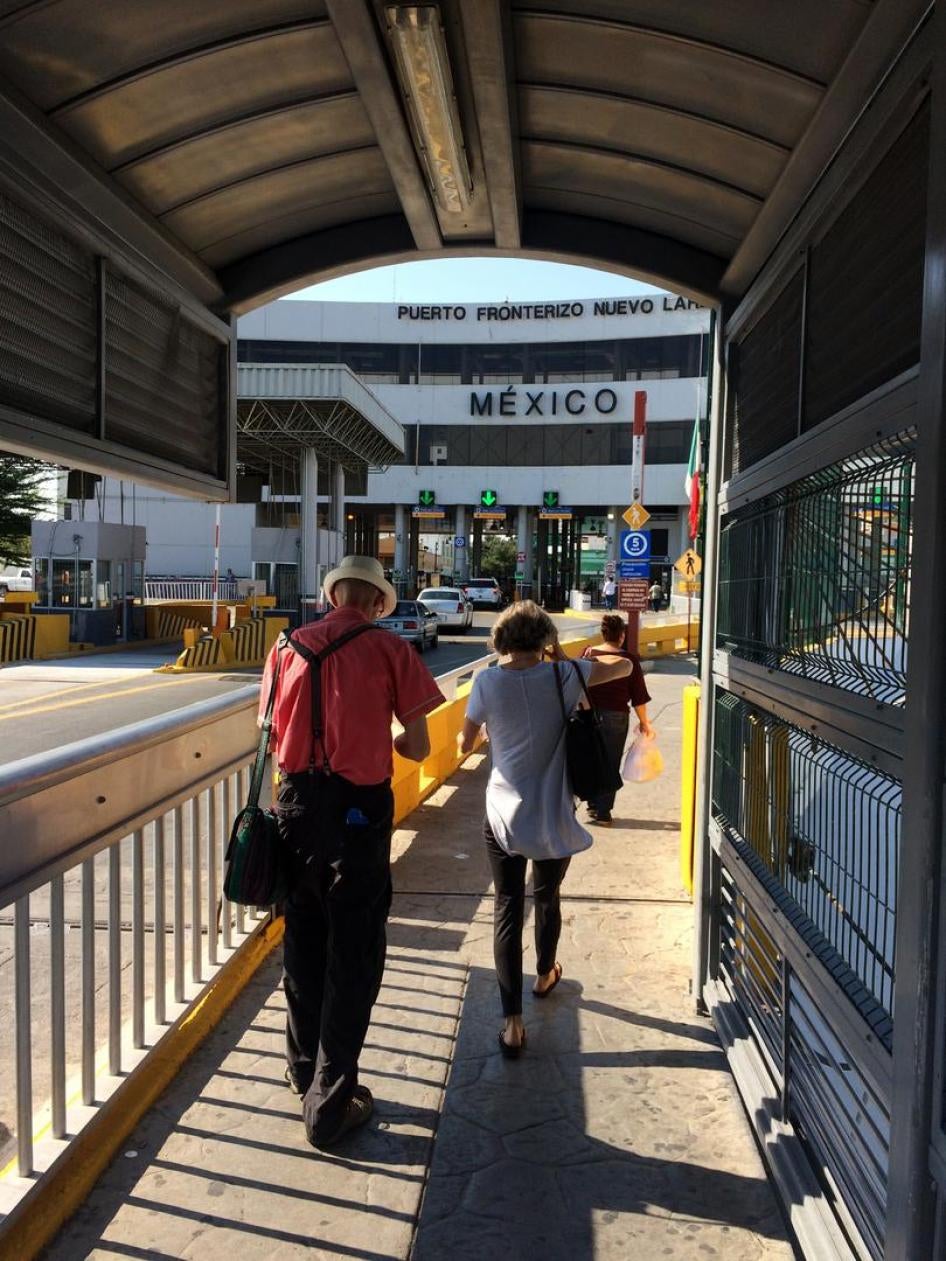U.S. Immigration and Customs Enforcement (ICE) on May 17 announced the death of 58-year-old Atulkumar Babubhai Patel in immigration detention in Georgia. This announcement came just two days after 27-year-old Jean Jimenez-Joseph was found lifeless in his detention cell, following 19 days in solitary confinement at the Stewart Detention Center. Six other women and men have died in immigration detention just this year, and over 170 people have died in custody since 2003.
As of now, the public knows very little about exactly why they died. ICE provides only sparse information in its news release — the person’s name, nationality, and occasionally immigration or criminal history. ICE is required to investigate every death in detention and produce a “detainee death report,” but it generally does not publicly release these reports. If the agency did, the public would most likely learn about appalling examples of dangerously subpar medical care.
Last June, ICE took the unusual step of releasing reports covering 18 of the 21 deaths of immigrants in detention from May 2012 through June 2015. Human Rights Watch and Community Initiatives for Visiting Immigrants in Confinement (CIVIC) asked independent medical experts to analyze the facts and timelines, as documented by ICE’s own investigation. They found that the patients had received appropriate care in only two cases. In 16 of the deaths, the experts found evidence of severely inadequate medical care. In seven of the cases, they concluded that the poor medical care directly contributed to the deaths of these immigrants.
Not only are these cases disturbing, but they also point to systemic failures that are likely to grow even starker as the Trump administration carries out its crackdown on immigration. ICE arrests have surged 38%in Trump’s first 100 days, including a 156% increase in arrests of immigrants with no criminal history. President Trump has already begun increasing detention capacity, while also rolling back Obama-era policies intended to reform the detention system and make it more civil and humane. Preventable deaths have occurred in the past, but the strain of heightened enforcement will push more people into a broken detention system and likely increase rates of subpar care, leading to more needless suffering and deaths.
Even under an administration that instituted reforms, there were deaths like that of Raul Ernesto Morales Ramos, who died of organ failure with signs of widespread cancer in 2015, after being detained at the Adelanto Detention Center and the Theo Lacy Facility in California. The experts who investigated found that there had likely been symptoms of widespread cancer two years earlier, but that these symptoms went unaddressed until a month before he died.
Manuel Cota-Domingo, detained at Eloy Detention Center in Arizona, died of untreated diabetes and pneumonia after numerous delays — in part caused by a terrible policy that placed restrictions on which staff could call 911. Eight hours passed between the moment Cota-Domingo started to have trouble breathing and his arrival at an emergency room.
Tiombe Carlos, detained at York County Prison in Pennsylvania, died in 2013, in her second suicide attempt in the two-and-a-half years she was detained. Staff knew she had a mental health condition requiring substantial support, but failed to create a mental health treatment plan. One expert called the mental health care she received “woefully inadequate.”
At a minimum, ICE should expeditiously release all death reports as soon as they are completed. Congress should drastically reduce the bloated detention system. It can start by denying the administration’s requests for more detention space and instead focus on the need for greater oversight of and transparency from ICE.







